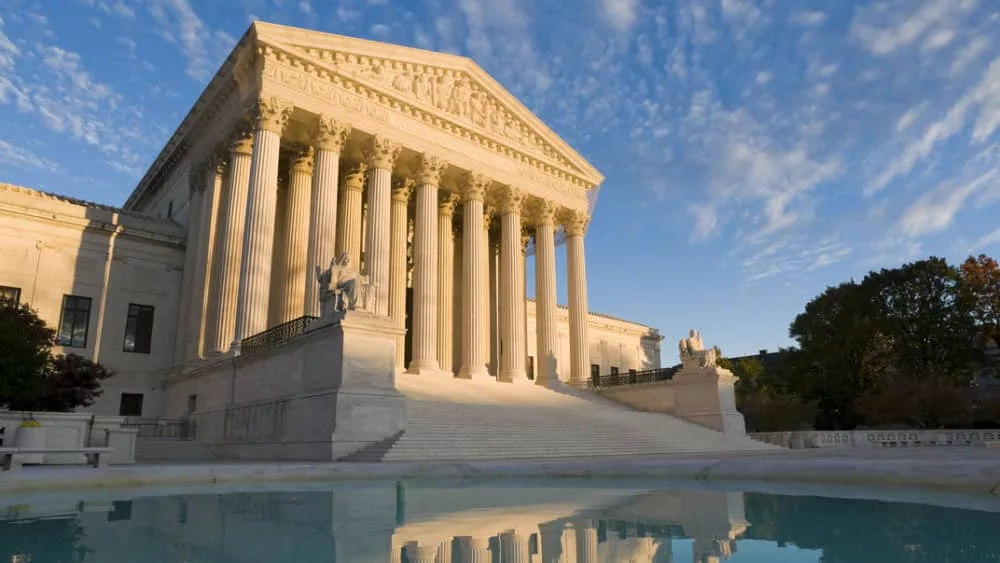
Shutterstock_65757709619696
The Supreme Court on Thursday ruled that race-conscious admission policies at the University of North Carolina and Harvard violate the Constitution, bringing an end to affirmative action in higher education, and a major victory for conservatives.
The court ruled that both programs violate the Equal Protection Clause of the Constitution and are therefore unlawful. The vote was 6-3 in the UNC case and 6-2 in the Harvard case, as Justice Ketanji Brown Jackson recused herself. Chief Justice John Roberts authored the majority opinion, joined by Justices Clarence Thomas, Samuel Alito, Neil Gorsuch, Brett Kavanaugh and Amy Coney Barrett. Thomas read a concurring opinion from the bench, while Justice Sonia Sotomayor also read her dissent aloud – marking the first time a dissenting justice has done so this term.
Roberts wrote: “The Harvard and UNC admissions programs cannot be reconciled with the guarantees of the Equal Protection Clause. Both programs lack sufficiently focused and measurable objectives warranting the use of race, unavoidably employ race in a negative manner, involve racial stereotyping, and lack meaningful end points. We have never permitted admissions programs to work in that way, and we will not do so today.” Universities can still consider ‘an applicant’s discussion of how race affected his or her life, be it through discrimination, inspiration, or otherwise’. Military academies are effectively exempt from the decision due to the “potentially distinct interests” they present. Students must be evaluated based on their experiences “as an individual — not on the basis of race.” Roberts added: “Many universities have for too long done just the opposite. And in doing so, they have concluded, wrongly, that the touchstone of an individual’s identity is not challenges bested, skills built, or lessons learned but the color of their skin. Our constitutional history does not tolerate that choice.”
In her dissent, Sotomayor, joined by Justice Elena Kagan and Jackson, said the majority opinion is “not grounded in law or fact and contravenes the vision of equality embodied in the Fourteenth Amendment … Today, this Court stands in the way and rolls back decades of precedent and momentous progress. It holds that race can no longer be used in a limited way in college admissions to achieve such critical benefits. In so holding, the Court cements a superficial rule of colorblindness as a constitutional principle in an endemically segregated society where race has always mattered and continues to matter.”
Nine states have banned affirmative action at public universities: Arizona, California, Florida, Idaho, Michigan, Nebraska, New Hampshire, Oklahoma and Washington. The decision to end affirmative action will be felt most acutely at highly competitive schools, and ending race-conscious admissions programs would lead to a significant drop in representation of Black and Hispanic students, particularly at elite institutions. In remarks from the White House, President Biden condemned the court’s rejection of affirmative action in higher education: “We cannot let this decision be the last word. While the court can render a decision, it cannot change what America stands for. America is an idea, an idea unique in the world. An idea of hope and opportunity, of possibilities, of giving everyone a fair shot, of leaving no one behind. We’ve never fully lived up to it, but we’ve never walked away from it either. We will not walk away from it now.”
Editorial credit: Gary Blakeley / Shutterstock.com












